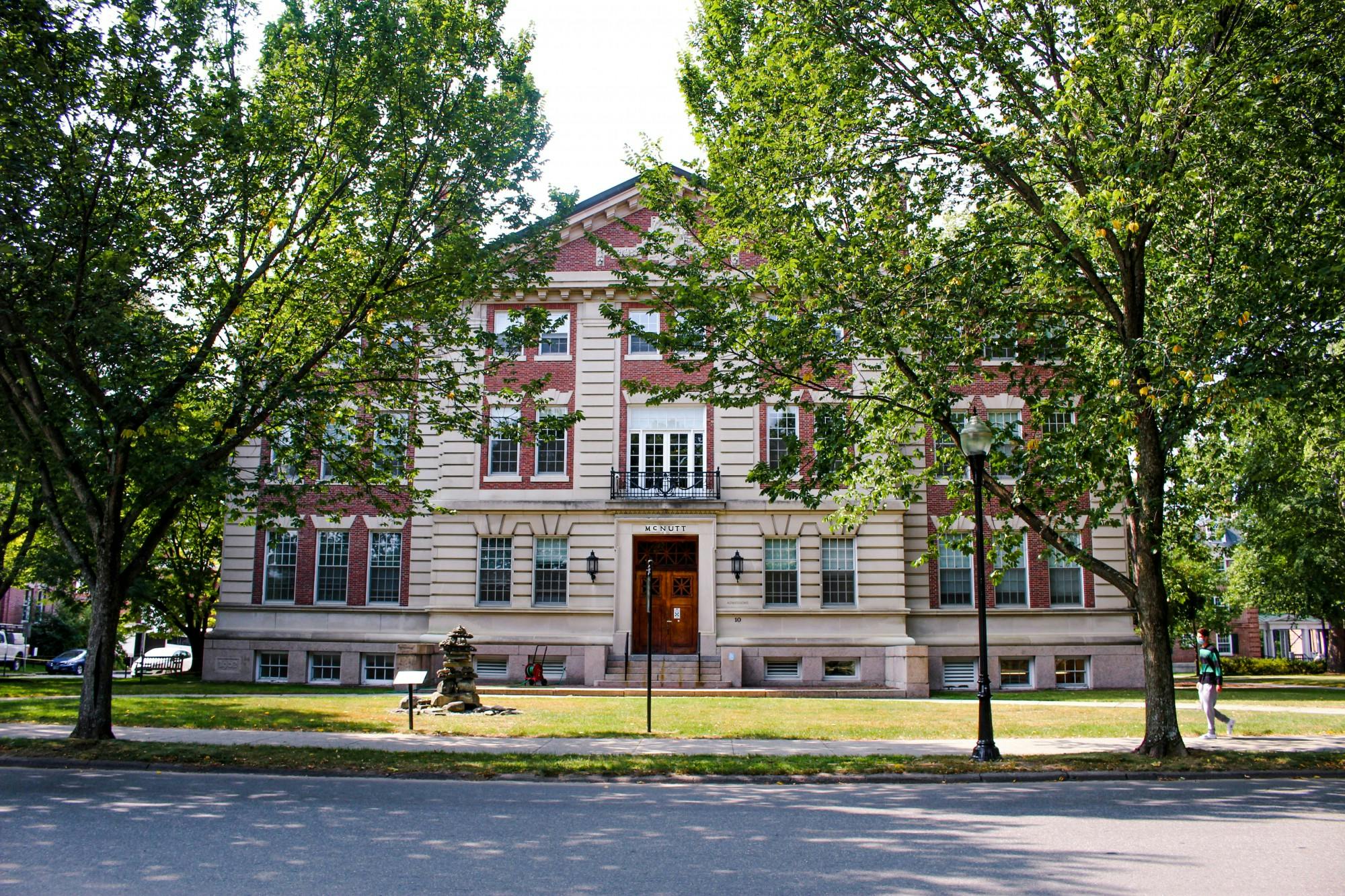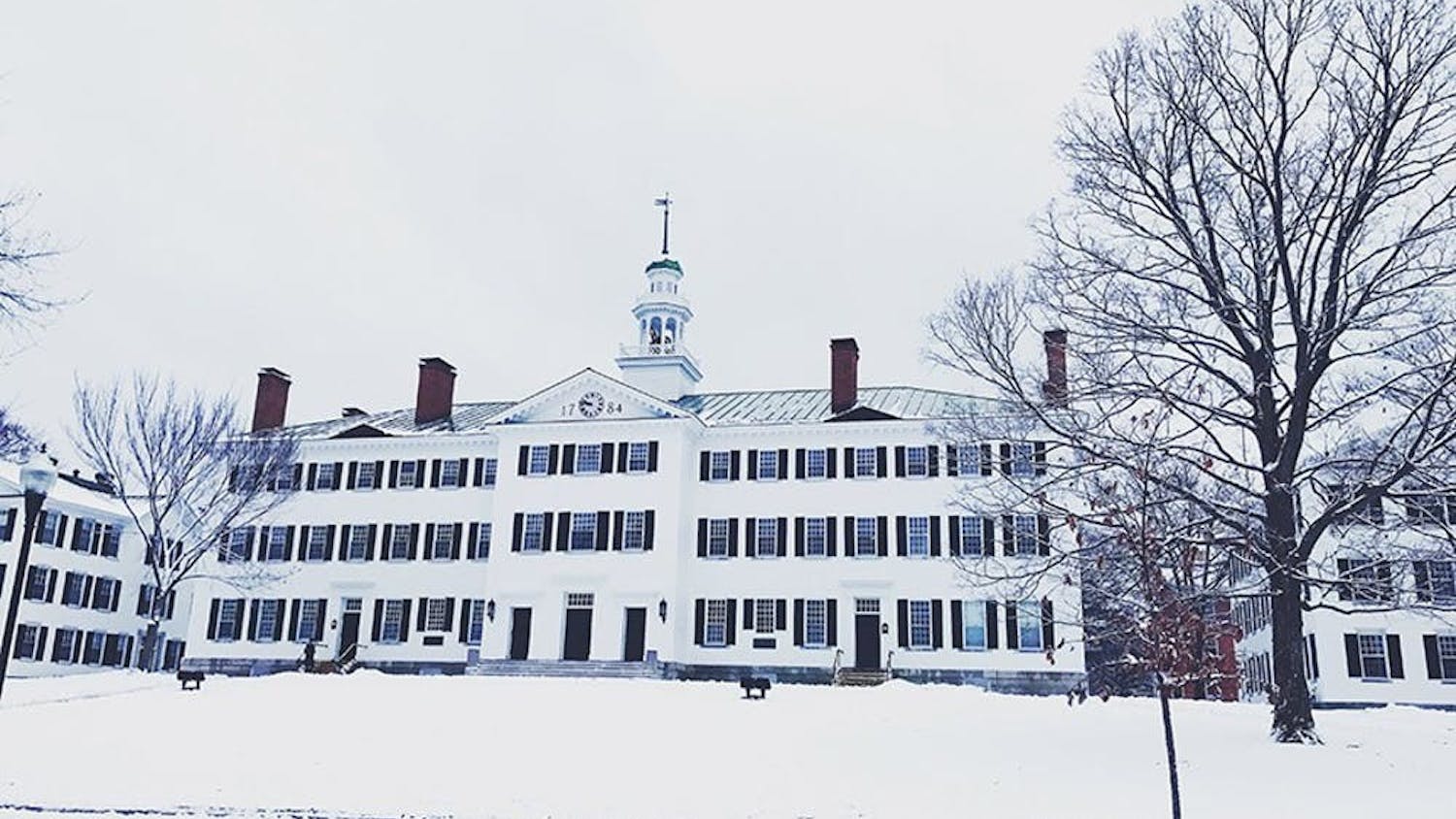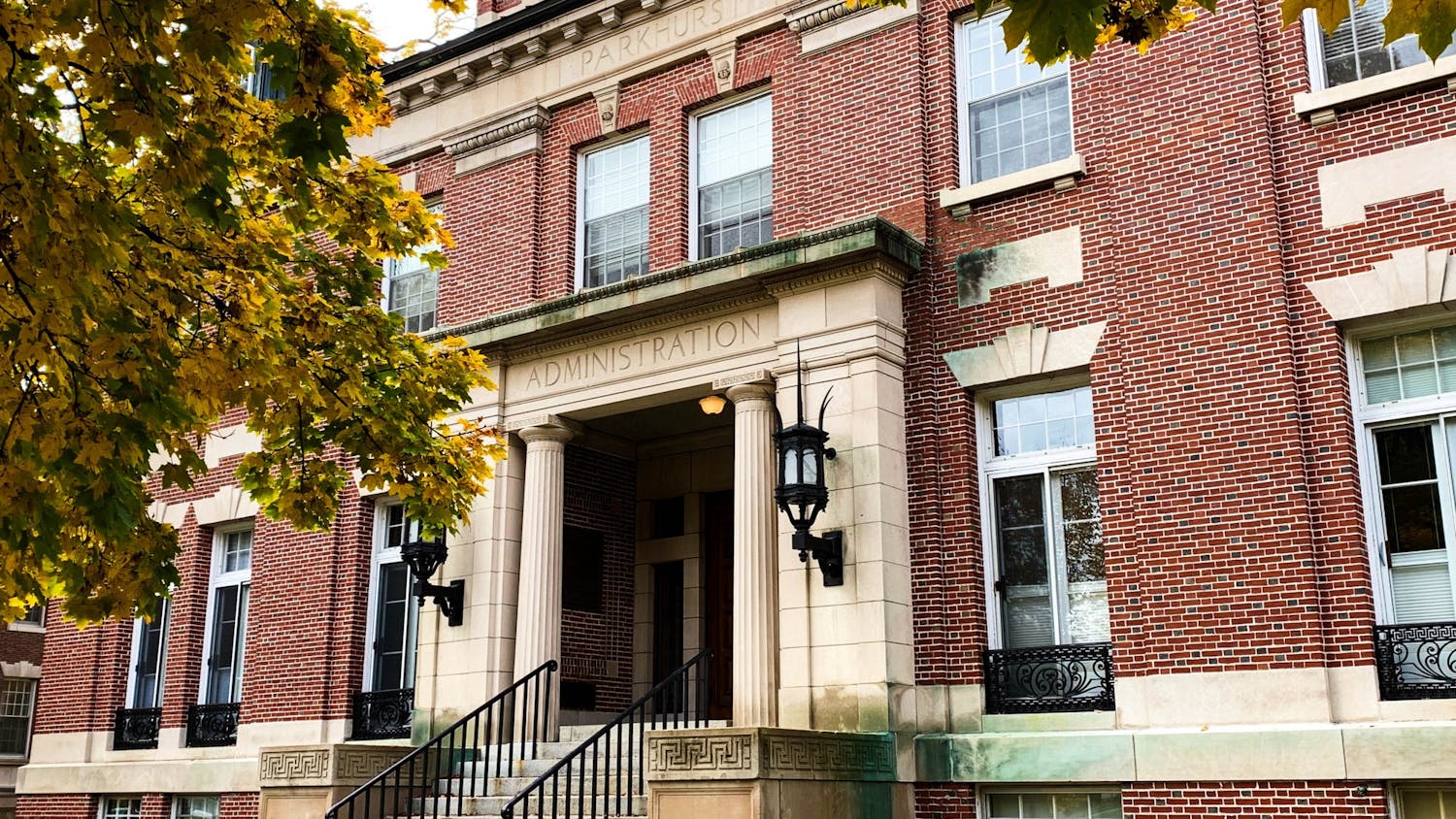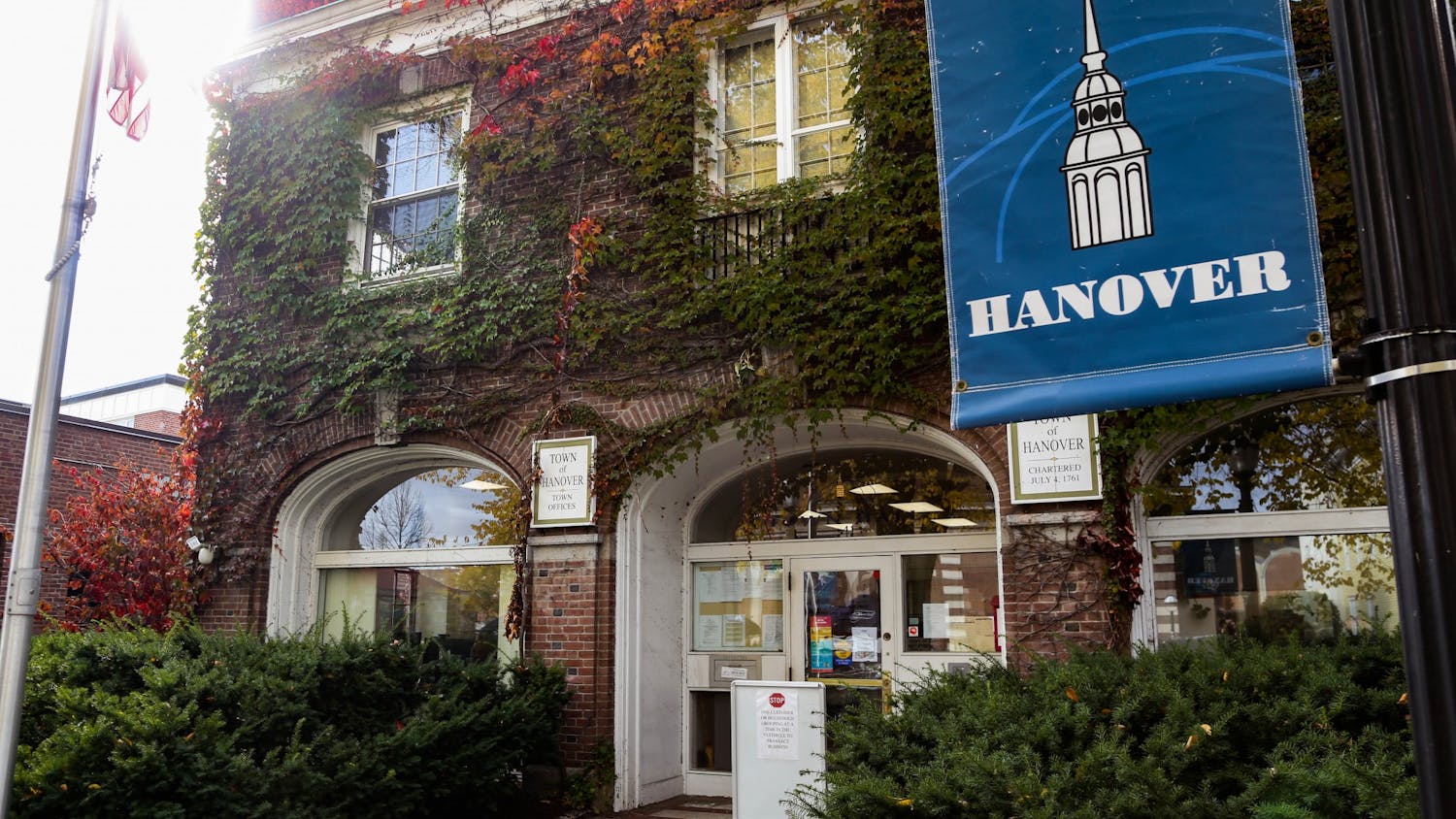Citing a lack of social spaces and harsh consequences for violating the College’s COVID-19 policies, nearly 300 Dartmouth parents have signed on to a petition to loosen on-campus restrictions for the winter term.
The Change.org petition, which was circulated in parent Facebook groups and sent to College President Phil Hanlon and Dean of the College Kathryn Lively on Nov. 9, advocates for allowing students to visit dorms other than their own and opening more public social spaces, such as the Top of the Hop. It additionally calls for a “graduated scale” of discipline for violations of the College’s COVID-19 regulations, rather than the current “zero-tolerance” policy of removing students from campus for the rest of the year.
The petition’s demands come in the wake of the College revoking on-campus privileges for an unknown number of students this fall due to violations of COVID-19 policies. Current policies restrict outdoor gatherings to nine people or less and permit students to gather in dorm rooms only so long as they maintain six feet of distance and live in the same residence hall. The College has not released information regarding the specific punishments that certain violations warrant, nor is there an appeals process in place.
According to Valerie Price ’88, the mother of a ’23 and an author of the petition, the campus guidelines have actually increased the risk of COVID-19 transmission. She said that not being able to visit students in other dorms is “ludicrous,” and the restrictions have instead prompted students to turn to alternative — and less safe — spaces off campus.
“You’re actually popping that [Dartmouth] bubble more,” Price said. “You’re pushing students downtown or off campus in the general public … I think that’s increasing exposure.”
Price added that in motivating students to venture off campus, the College’s policies have also highlighted financial disparities among students, as not everyone can afford dining in town or renting a Zipcar.
Matthew Biberman ’88, a parent who signed the petition, agreed that for the winter term, the College should look to enhance interaction between students, which he said is integral to the Dartmouth experience.
“What we’re calling socialization — the presumption that this is fluff or extraneous to the college experience … needs to be strikingly dispelled,” Biberman said. “Students selected Dartmouth to learn together and from each other.”
The petition further criticized the College’s policy of dismissing students from campus for policy violations and proposed a gradual scale for punitive measures, including automatic quarantine after an initial offense.
According to Price, the College’s current disciplinary procedures do not reflect public health concerns.
“If someone attended something that had more than nine people, the first step should be quarantine, not to be immediately sent home,” Price said. “From a public health standpoint, if somebody's been exposed, you don't want them going through [Boston Logan International Airport] and then going home and infecting their family, right? You want to quarantine them.”
John Mitcham ’89, another parent who signed the petition, added that transparency regarding the College’s punishments for policy violations has been lacking. He suggested that publishing the types of infractions that led to students’ dismissal from campus would have helped both parents and students understand how the rules were being enforced.
Mitcham noted that the strict pandemic policies differ from his experience of the College’s “leniency” in enforcing other rules such as alcohol policies, in which students are given second chances before facing severe consequences.
“Perhaps there was an implied sense that you might not be docked for your first infractions, but it was sort of a harsh life reality [for] the people that discovered there was no leniency in this case,” Mitcham said.
Provost Joseph Helble addressed the parent petition in his weekly livestream on Nov. 11. Helble said that the COVID-19 task force will evaluate fall term operations to consider changes for the winter term — specifically, increasing access to Baker-Berry Library. He did not directly address the parents’ other demands.
In developing creative solutions, Biberman said he hopes the College will be receptive to feedback from students, parents and staff members and resist simply treating the fall term’s low COVID-19 case numbers as “only PR … of how wonderfully your college has responded.”
Biberman, who currently teaches in-person classes at the University of Louisville, added that peer institutions — some of which, for example, have brought more students back into classrooms — should serve as guides for successful policies.
“No one is an expert here in terms of facilitating the best college experience,” Biberman said. “In the midst of this crisis, I think what you have to do is embrace a lot more transparency and honesty to build on what you did in the fall.”
Mitcham said that despite what he called a disappointing lack of communication from the College, he applauded Dartmouth’s policies for successfully keeping transmission low and reinforcing the College’s “commitment to trying to maintain good [COVID-19] standards.”
For some parents and alumni, however, the administration’s handling of on-campus policies has shifted their view of the College.
Price said that she is an active alumna and frequent donor, though she feels “heartbroken” by what she says is a lack of support for students this term. She said that even if she continues to donate, she will not promote the College through admissions interviews this year.
“It's really been hard to see the parts of the community that I love so much being ignored,” Price said. “… I don't want to withdraw financial support, but I don't feel like I could, in good conscience, recommend this school.”




